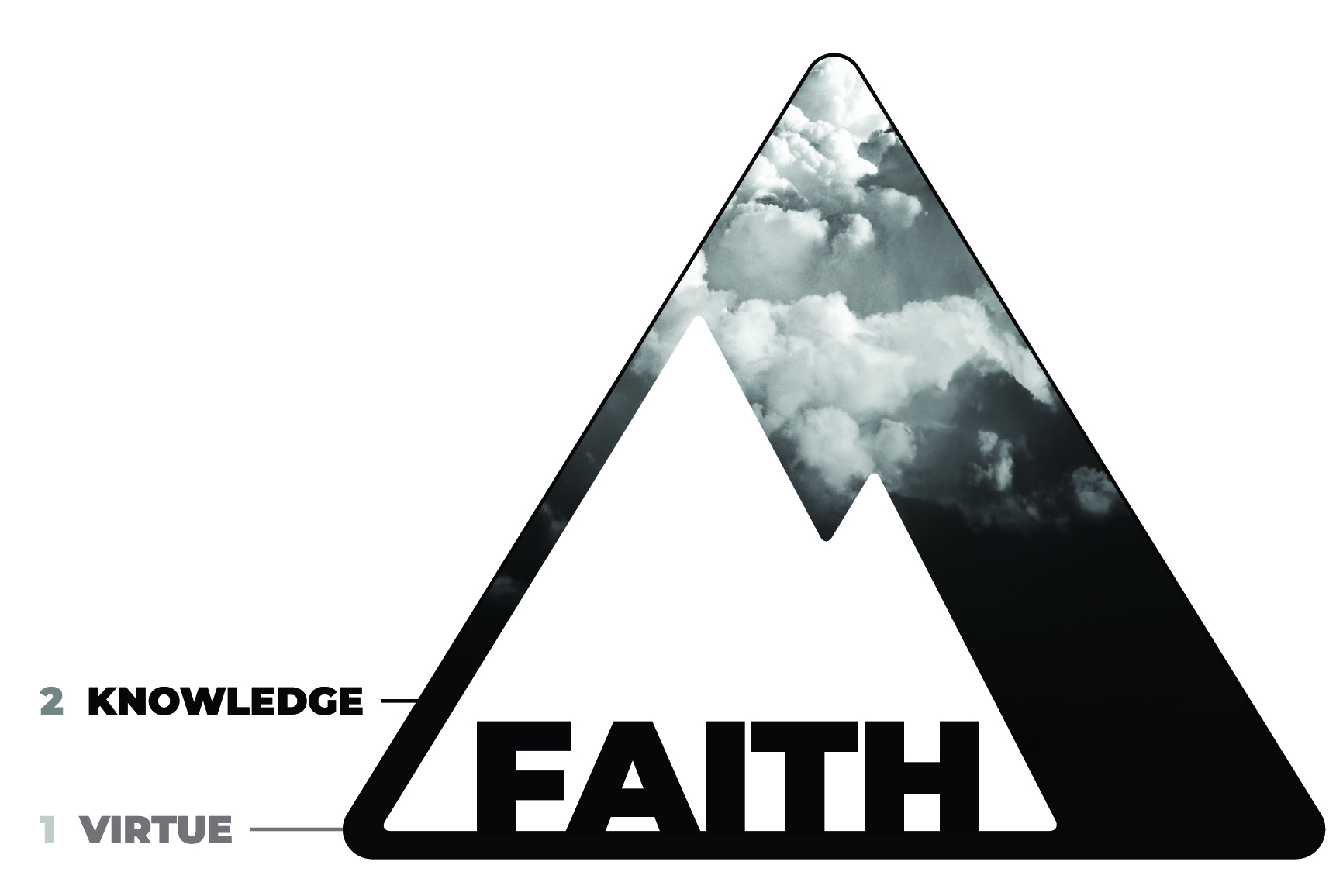Hiking the Clouds: The Journey to Mature FaithSample


The Waypoint of Knowledge
Faith seeks understanding. – Anselm
When faith awakens our spirit, it sparks a hunger to know God more. At the waypoint of Knowledge, love takes the form of a desire for deeper understanding. We study Scripture, pursue teachers, and absorb theology so we can know God’s will and ways more clearly.
I grew up in a pastor’s home, surrounded by Bible teaching and scripture memorization. But in my teenage years, when faith became my own, I began a personal quest for knowledge. Suddenly, teachers and ideas I’d heard before landed with new clarity. The Holy Spirit was opening my heart and mind to receive truth I hadn’t been ready for earlier.
This stage is thrilling. We devour Scripture, doctrines, and church history. We may attach ourselves to teachers, traditions, or theological frameworks that give us certainty and clarity. Knowledge feels empowering.
But here’s the danger: Information is not the same as transformation.
Knowledge can puff us up. (1 Corinthians 8:1) A little understanding can lead to pride, frustration with others, or even condemnation of those who “don’t know what we know.”
The Pharisees show how knowledge and virtue, without humility, can blind us. They knew the Scriptures and lived morally upright lives. But they confused external rule-keeping with true transformation.
Jesus exposed that they still had lust, greed, and envy in their hearts. Knowledge without love is dangerous because it hides our deeper motives behind a façade of being “right.” You can have knowledge and still be blind to your own sinful motivations.
I’ve known many Christians who could quote Scripture fluently but used it to control and condemn others, sometimes even using it to justify their own sinful behavior. Their knowledge wasn’t leading them to love, humility, or self-examination. It was a weapon.
This is why the waypoint of Knowledge must be handled with caution. Knowledge is essential, but it is only the beginning. It’s meant to deepen our love for God and others, not inflate our pride. As James wrote, hearing the Word is not enough—we must do it. (James 1:25).
Jesus told Nicodemus—a man of great virtue and knowledge—that he needed to be “born of the Spirit” (John 3:6–8). Nicodemus knew the Scriptures, but he hadn’t yet experienced the inner transformation only the Spirit brings in his soul. True maturity means moving beyond systems, certainty, and dogma into a Spirit-led life that confronts our own darkness.
When we read the Bible, we should allow it to read us and show us where we still need to grow in love.
King David prayed:
“Search me, O God, and know my heart! Try me and know my thoughts! And see if there be any grievous way in me, and lead me in the way everlasting!” (Psalm 139:23–24)
That prayer captures the shift from knowledge to the next waypoint of transformation. Knowledge provides the foundation—but the Spirit must turn it into wisdom, humility, and love.
Scripture
About this Plan

When the journey of faith often leads into uncertainty—it doesn’t mean you’re lost, it means you’re climbing. Hiking the Clouds explores the second half of faith: less about certainty and more about surrender. Joël Malm draws from 2 Peter 1 to map out waypoints of spiritual growth. It’s for believers rethinking how they experience God as they walk on the journey to maturity. And maturity is walking in Agape.
More
We would like to thank Joël and Jonathan Malm for providing this plan. For more information, please visit: http://joelmalm.com









